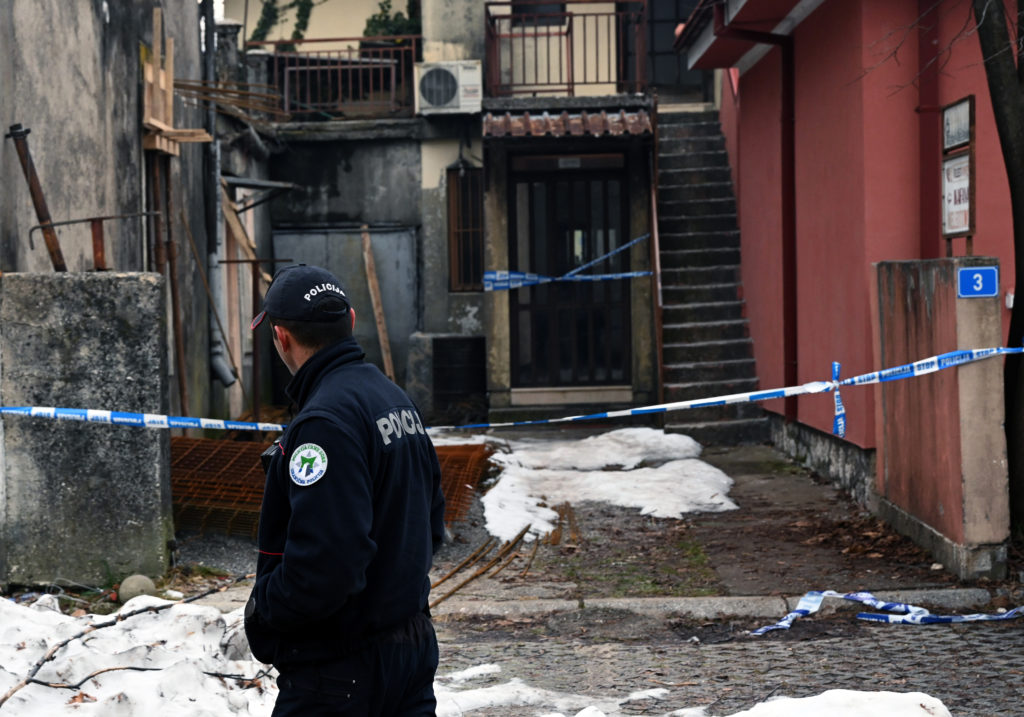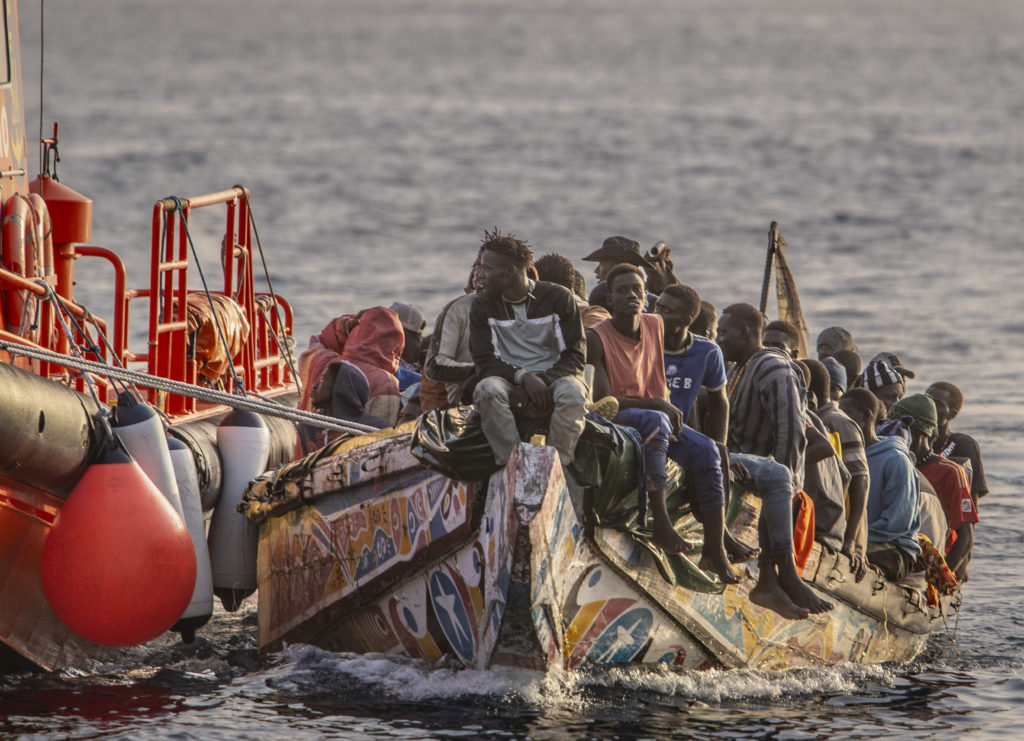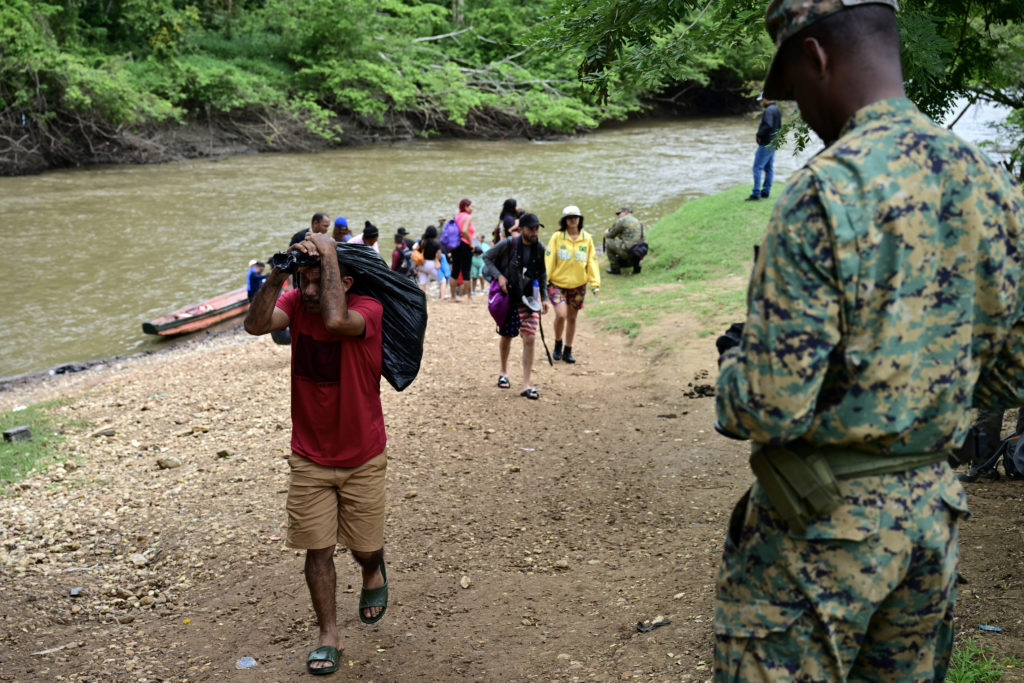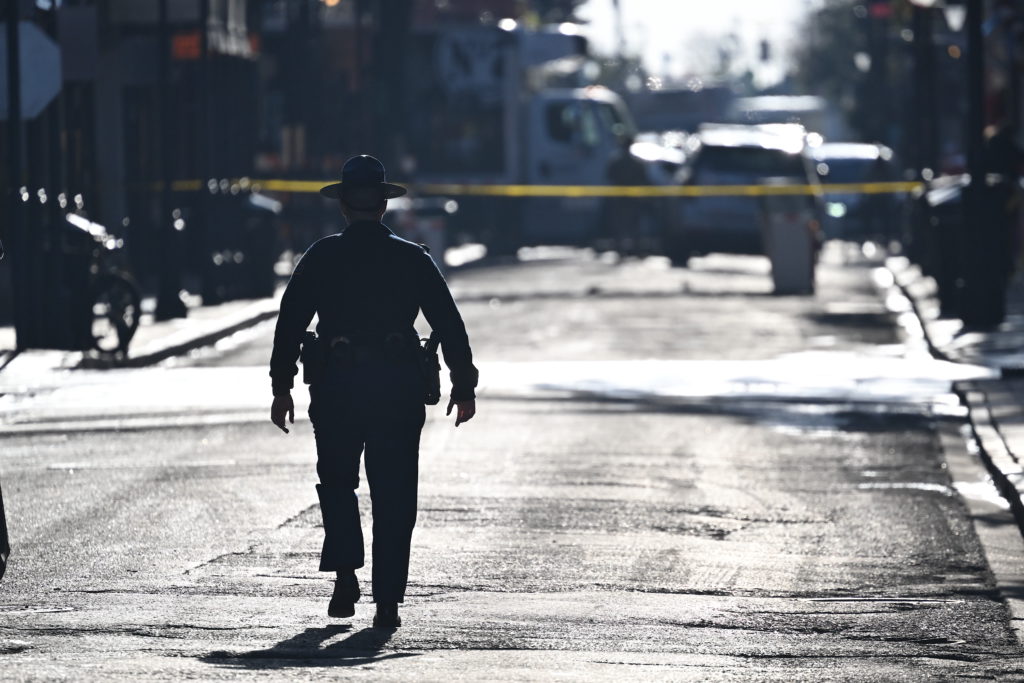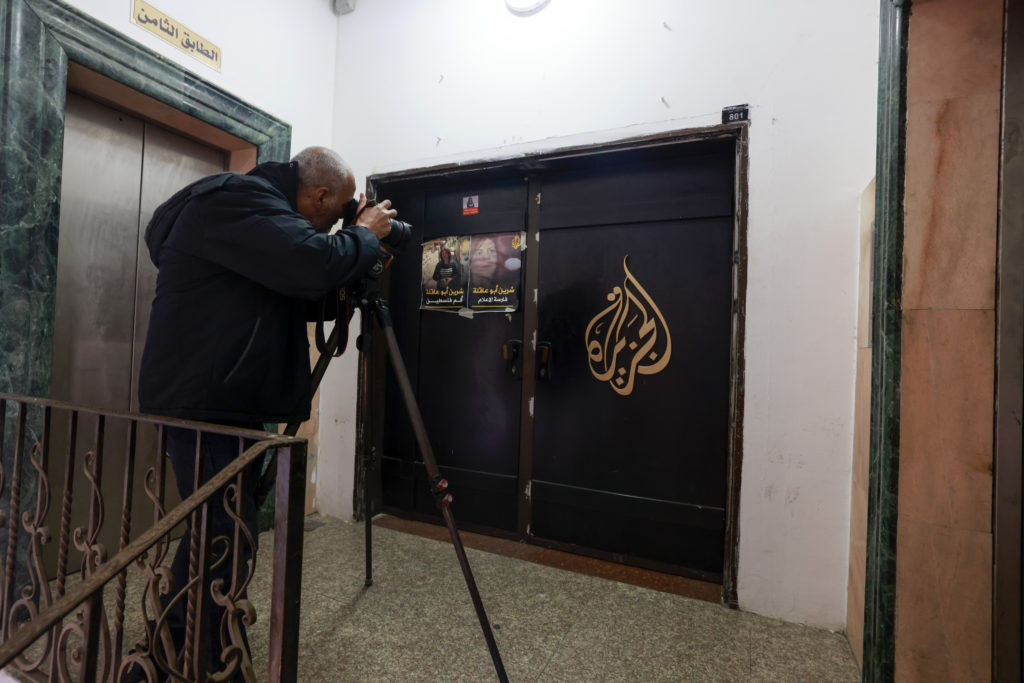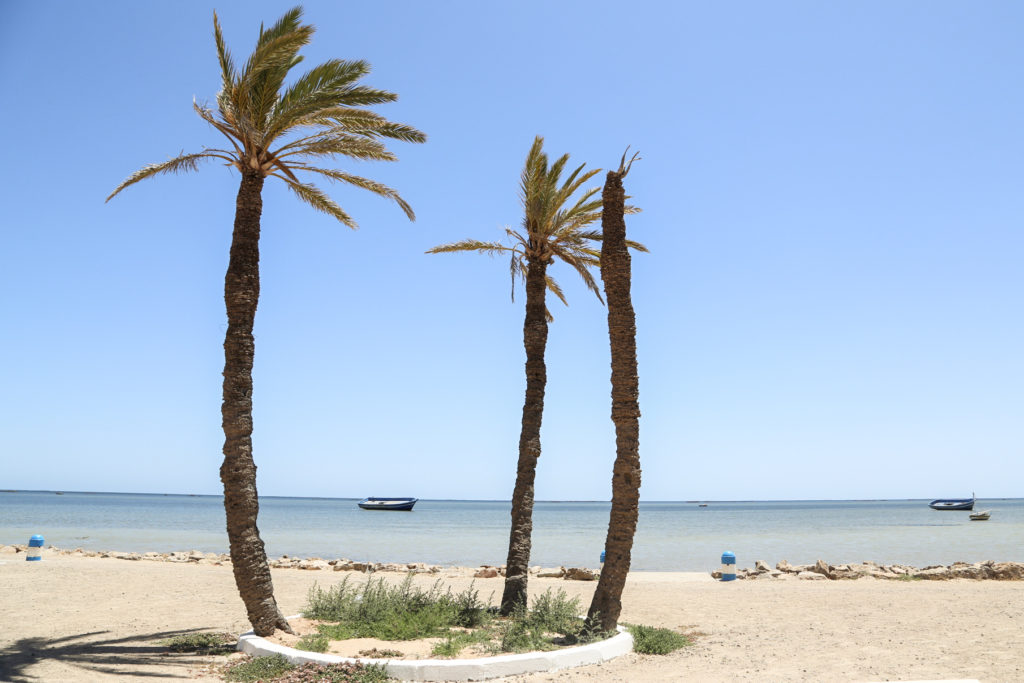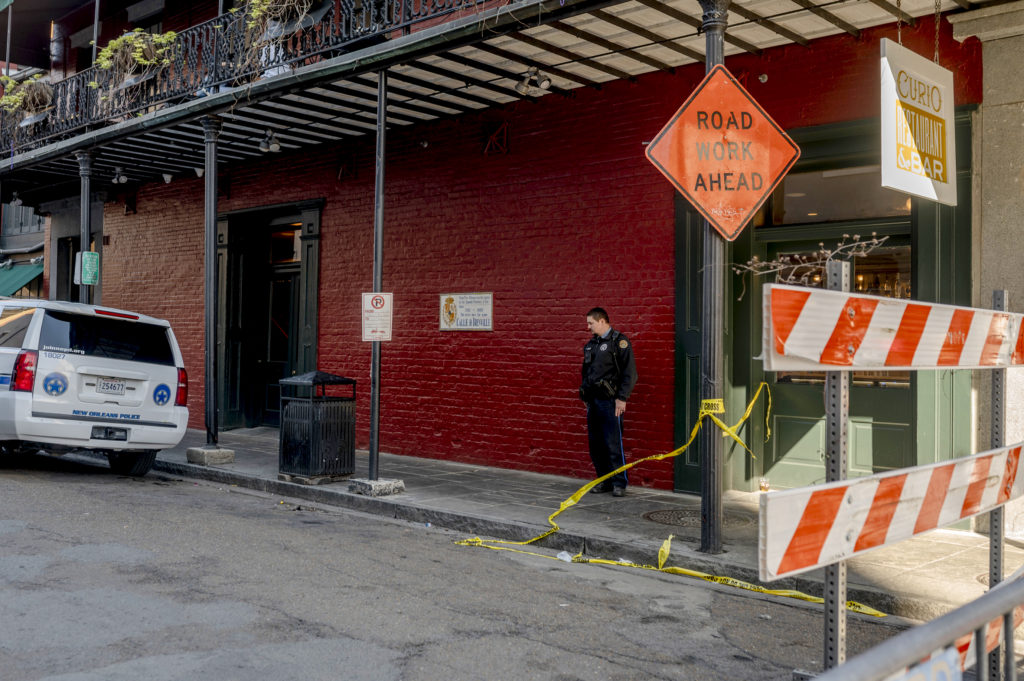Bulgarians went to the polls for a second time in three months on Sunday, hoping the political parties can this time agree on a stable government coalition.
After almost a decade in power, the conservative GERB party of three-time Prime Minister Boyko Borisov came out first in the last election in April with 26 percent of ballots.
But badly damaged after massive anti-corruption protests in summer 2020, GERB was isolated in a fragmented legislature and failed to find partners to govern.
Since then, the 62-year-old Borisov — a former bodyguard with a black belt in karate — has suffered a series of further blows from revelations by the interim cabinet about bad governance and allegations of corruption under his watch.
On top of that came unprecedented US sanctions against Bulgarian oligarchs who, according to Borisov’s critics, were favoured during his time running the European Union’s poorest and most graft-ridden member state.
Borisov has denied any wrongdoing and, while heading to cast his vote on Sunday, repeated accusations against the interim government of unfairly targeting him and said they had “sown chaos”.
He also laid blame at the government’s door for problems with voting machines reported at some polling stations, saying they had organised a “Venezuelan” election.
Eve-of-ballot polls put GERB neck-and-neck and even second behind the new anti-establishment party, There is Such a People (ITN), of singer and TV host Slavi Trifonov, which rode public discontent to surge to a surprise second in April with 17.6 percent.
Now polls credit both rival parties with 20-21 percent.
Pensioner Georgi Panichev, 67, said he was unhappy with the “excesses” of the current administration and was voting for “stability”, an allusion to the veteran Borisov, whose political longevity has marked Bulgaria’s post-communist history.
Victoria Nikolova, 34, told AFP her priority was “changes in health, education, less corruption”.
Heading to vote with her two young daughters, she said she hoped “our children don’t emigrate when they grow up”.
– ‘New faces’ –
Even if GERB manages to come first, “they will not govern” as other parties now snub them, political analyst Strahil Deliyski commented.
“The stakes are therefore to find out if the elections will lead to a government (which will continue) the work for durable change started by the interim administration,” another analyst, New Bulgarian University Professor Antony Todorov, told AFP.
Trifonov’s ITN has already refused to work with either GERB, the opposition Socialists or the Turkish minority MRF, the traditional parties of government.
Instead, it hopes to rely on the support of the parties that emerged from last summer’s protests — the right-wing Democratic Bulgaria, polling at 12 percent, and the left-wing Stand Up! Mafia Out, with five-six percent.
Trifonov himself is not running and has indicated he will not serve as prime minister.
“It’s time to finish what we started and change the model of governance entirely,” Trifonov said in a Facebook post, saying he hoped for a new administration run by “young people, new faces”.
The founder of Democratic Bulgaria, Hristo Ivanov, echoed this with a call to voters “turn a new page”.
But pollsters predict ITN and its preferred partners will fall short of a majority, foreseeing instead another badly fragmented legislature.
– Election fraud –
If deadlock leads to yet another election, Professor Todorov warned that “voters will tire out, their support for democracy will erode,” with extremists standing to benefit.
But Boriana Dimitrova of the Alpha Research institute told the bTV station that “the parties realise” that voters are weary “and they will make an effort to form a government”.
For the first time, voting is being conducted primarily by machine in a bid to limit voter fraud.
In polling stations where problems are being reported with machines, poll workers are resorting to using paper ballots.
The interim cabinet has set out to try to limit widespread vote buying and voter intimidation — long established political party practices which account for 5-19 percent of the vote, according to the Sofia-based Anti-Corruption Fund Foundation.
More than 900 people have been detained recently for allegedly trying to bribe poverty-stricken voters with 20-50 leva (10-25 euros), firewood and even basic food such as flour, bread or lentils, Interior Minister Boyko Rashkov said Friday.
Polling stations opened at 7:00 am (0400 GMT) and are scheduled to close at 8:00 pm (1700 GMT), with exit poll results expected shortly after.


